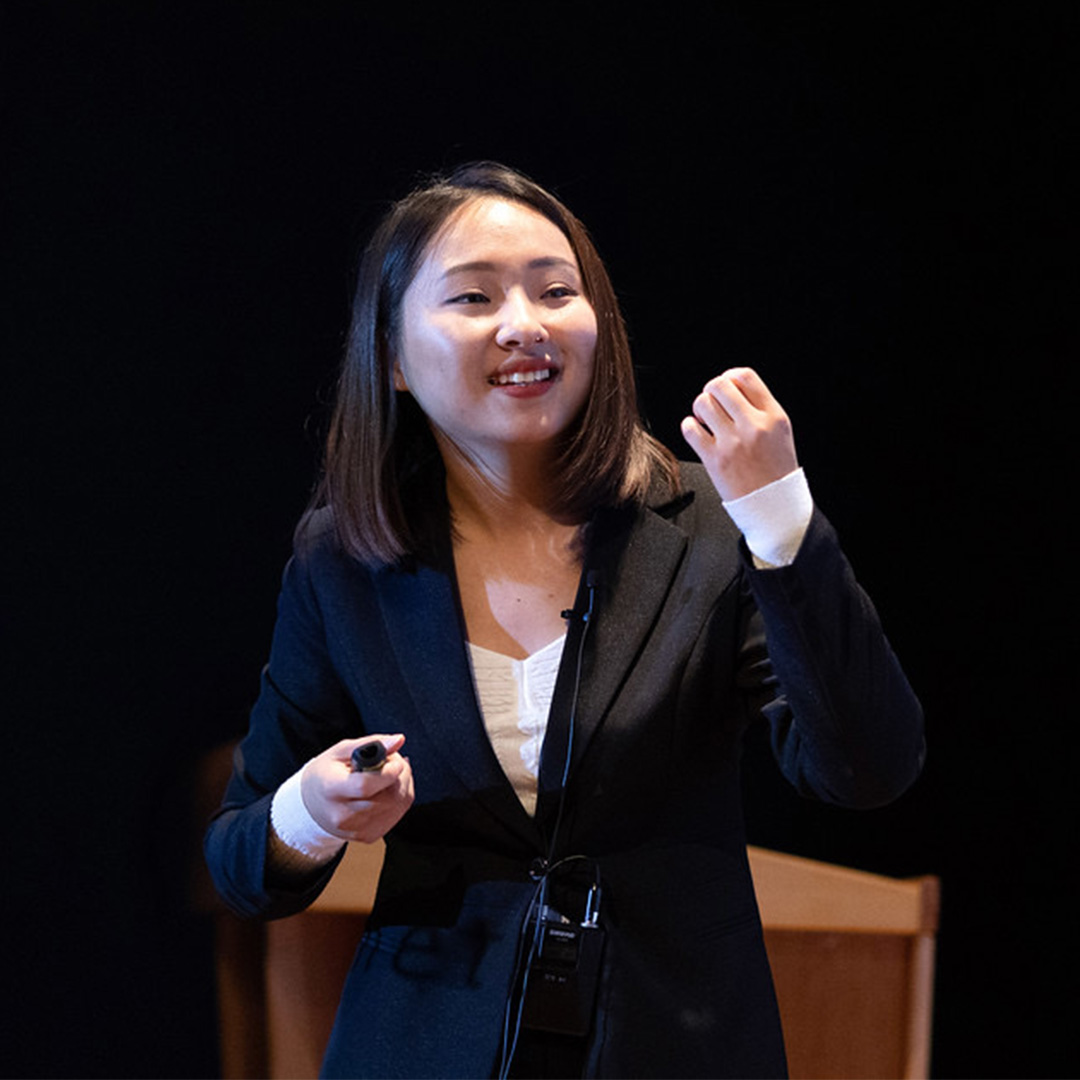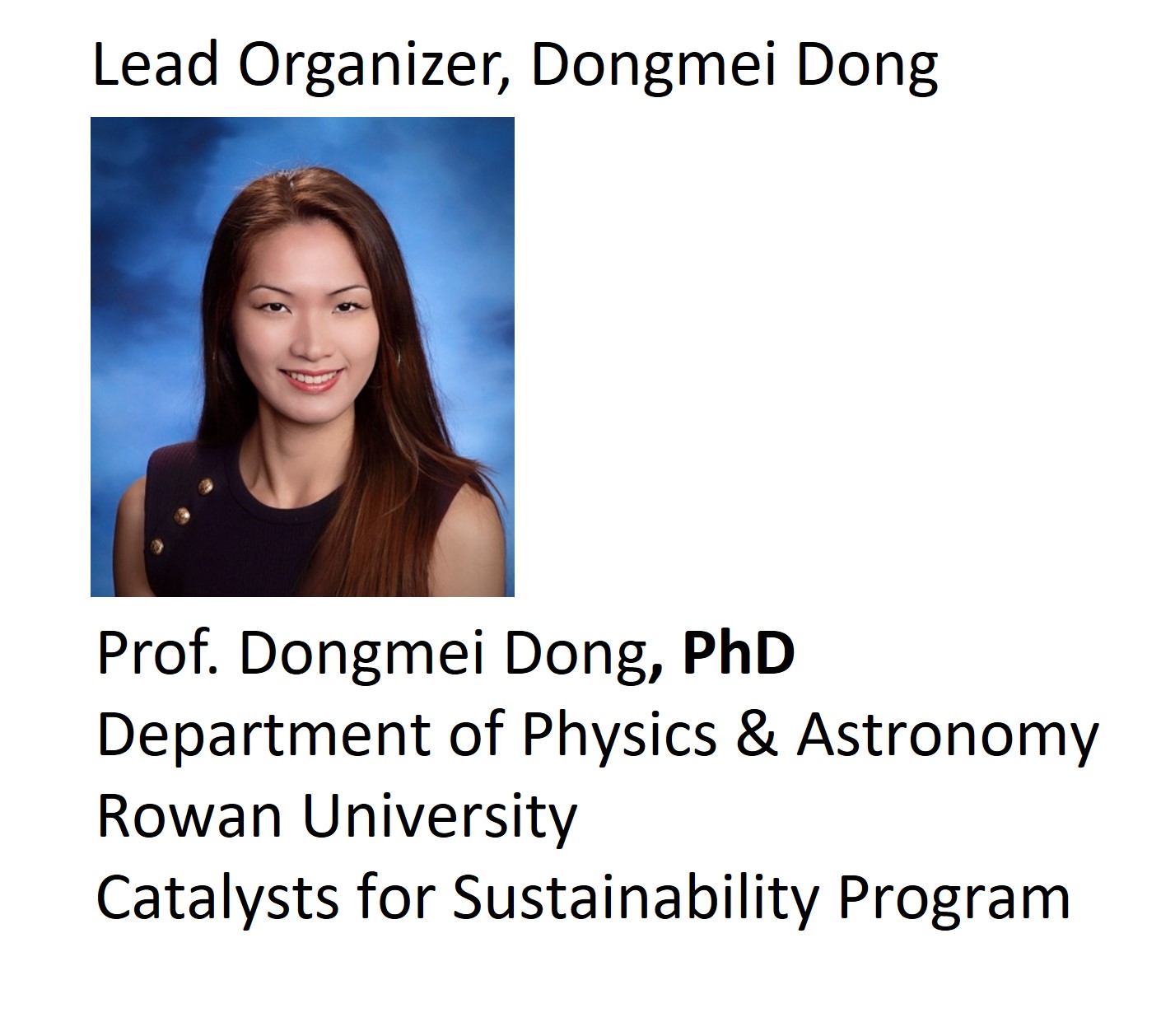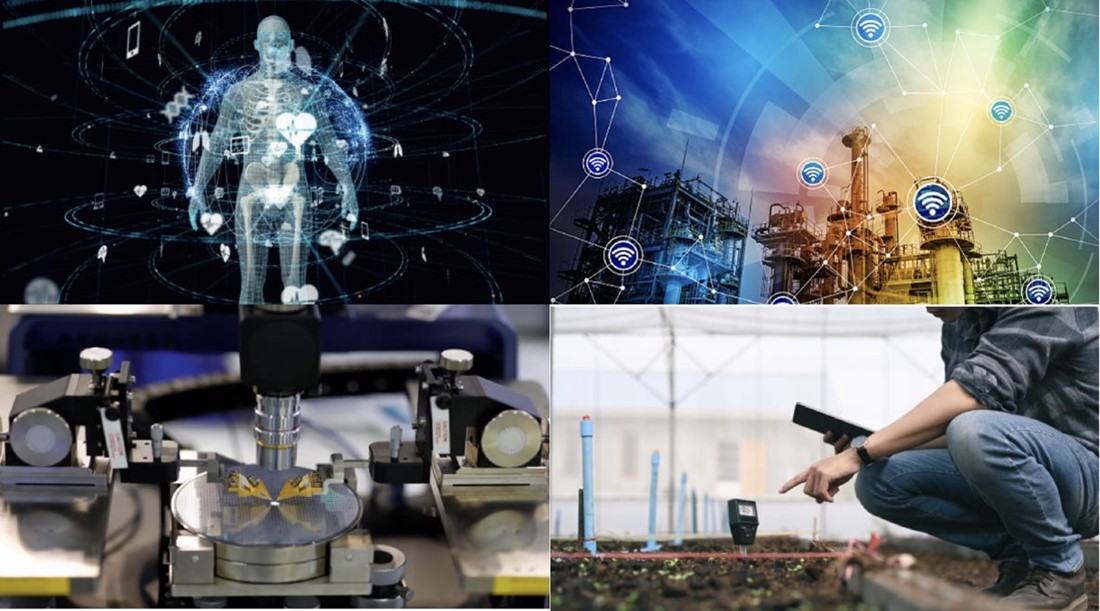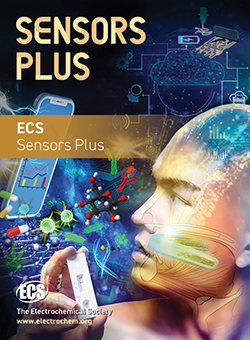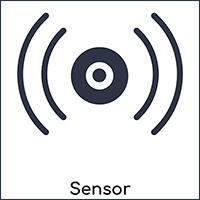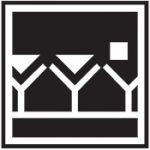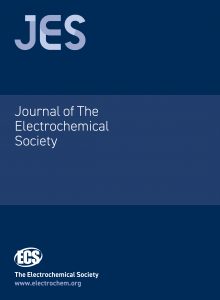 The Electrochemical Society (ECS) seeks nominations for the position of Associate Editor for the Journal of The Electrochemical Society (JES) in the electrochemical sensors topical interest area.
The Electrochemical Society (ECS) seeks nominations for the position of Associate Editor for the Journal of The Electrochemical Society (JES) in the electrochemical sensors topical interest area.
Nominees for this editorial position possess and maintain authoritative scientific knowledge in the field of electrochemical sensors as outlined in the ECS topical interest areas.
The Associate Editor works in support of the Technical Editor and Editor-in-Chief of JES to ensure rigorous peer review and uphold the quality and reputation of the journal.


